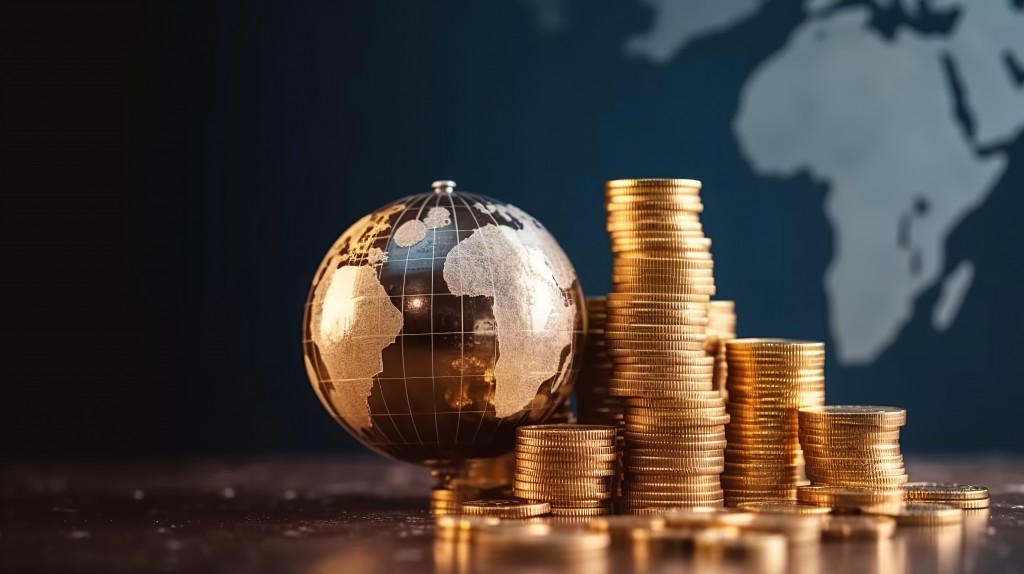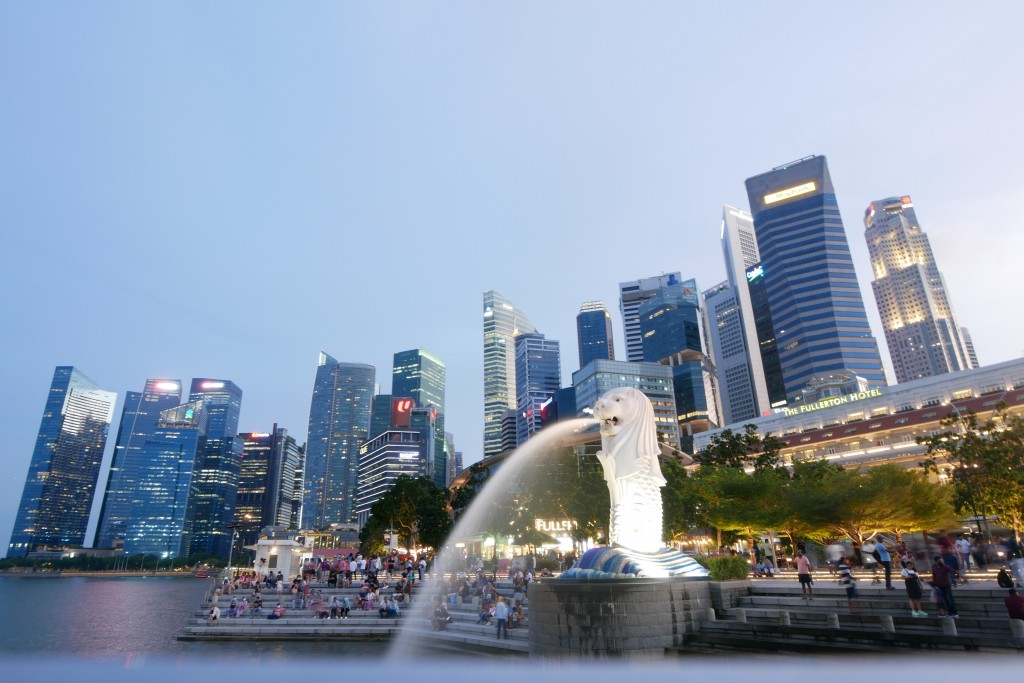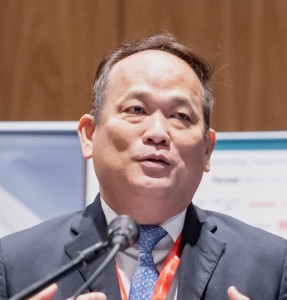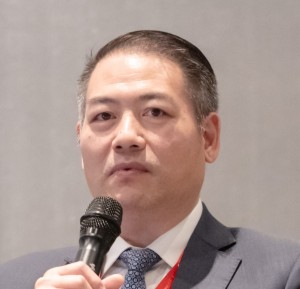Transparency and efficiency are key factors
Attracting foreign direct investment through robust policies
By Yanika Liew
Spurred on by the march towards developed nation status by 2050, Malaysian developers are employing various strategies to attract foreign direct investment (FDI) to the industry.
This strategic focus is rooted in the recognition that FDI can play a pivotal role in fueling growth, fostering innovation and enhancing the overall competitiveness of the Malaysian real estate sector. One key approach employed by developers involves creating an investor-friendly environment through favourable policies and incentives.
Additionally, Malaysian developers are actively engaging in promotional efforts to showcase the country’s real estate opportunities on the global stage. This proactive approach seeks to position Malaysia as an enticing destination for real estate investment, fostering partnerships and collaborations that can drive the industry forward in alignment with the nation’s developmental goals.
Touching on the revival of Belt and Road Initiatives (BRI) in Malaysia, Bank of China deputy chief executive officer Datuk Alvin Tay Swee Gim noted the program as an excellent route to foreign investment.
Over the past decade, the BRI has had a significant impact on shaping the landscape of Malaysia’s real estate sector. It places strong emphasis on enhancing infrastructure collectively which has led to significant development in Malaysia’s transportation network.
“This development includes the construction of import railway, highways and improvement of facilities. This improvement had a profound impact on Malaysia’s real estate sector. In regions surrounding new development ports or transportation hubs, there has been a surge in commercial and residential property construction,” Tay said.
“The phenomenon can be attributed to the spillover effect, where the development of infrastructure had led to an increased demand for housing and commercial spaces nearby. The supporting facilities such as schooling, hospitals and retail centres often accompany this development as well, further fuelling the growth of the real estate sector,” he added at the Real Estate and Housing Developers’ Association (Rehda) CEO Series 2023, economic and business forum, held in December, which aimed to discuss the issue among experts and stakeholders.
According to statistics, from 2013 to 2022, the cumulative value of imports and exports between China and BRI partner countries reached US$19.1 trillion (RM88.66 trillion) with an average annual growth of 6.4%. The cumulative two-way investment between China and partner countries reaches US$318bil, with US$240bil from China.
Tay pointed out that the initiative played a substantial role in attracting global capital in participating countries, driving an increased cross-border direct investment in 2022. The cross-border direct investment inflow in Southeast Asia accounted for 17.2% of the global total.
Financial integration plays a crucial role in BRI, with several channels and platforms that have been developed for investment and financing, such as the Silk Road Fund, which was dedicated to BRI cooperation.
By the end of June 2023, Tay noted that the fund had signed agreements for projects with committed investment totalling 22bil, spanning across transport, energy, public health and other fields.
The Asian Infrastructure Investment Bank (AIIB), established by China and other participating BRI countries, has also played a significant role in infrastructure financing. With 227 approved projects totalling US$43.6bil in investments, targeted towards infrastructure development for sustainable economies.
Biggest trading partner
“China has been Malaysia’s largest trading partner for 14 consecutive years. The bilateral trade volume between China and Malaysia accounts for 21% of total trade between China and ASEAN, ranking second among the ASEAN countries,” Tay said.
China’s investment in Malaysia reached US$12.5bil in 2022, accounting for more than 33.9% of Malaysia’s FDI.
However, while the BRI has brought numerous opportunities to Malaysia, it has not been without challenges and concerns, such as the incurred debt or environmental impact of infrastructure developments.
“Environment impact, construction and infrastructure projects can have environmental consequences, mitigating this impact and ensuring sustainable development is critical for Malaysia’s long-term well-being,” Tay said.
“As for geopolitical concerns, Malaysia, like other nations, must never forget the geopolitical complexities around the Belt and Road Initiative. Striking a balance between its interest and maintaining healthy relationships with other countries is an ongoing challenge,” he added.
Through the BRI, it was essential to ensure that local communities benefit through job opportunities and technological transfer.
“That’s why for the ECRL, I think the government has set that 40% of the contract value has to be shared with the local contractor as well to ensure that it brings along the local industry, and transparency in project implementation and financial arrangement is crucial to prevent corruptions and ensure the best interest of the nation,” Tay pointed out.
He noted that Malaysia had been actively addressing this concern by negotiating favourable terms for projects and implementing sustainable development practices that maintain an open dialogue with China and other participating countries.
As the economy continues to grow, the real estate industry will continue to flourish, bringing with it more commercial properties and industrial facilities.
Tay noted that in China, investors have shown great interest in Malaysian real estate, and its demand has increased local property prices, as well as drawing further investment from local and international investors.
Lessons from Singapore and Vietnam
“When investing in Singapore, there is a secure and stable financial environment – despite global headwinds, Singapore remains a strong, stable economy,” Drew Network Asia (DNA) corporate and finance director Wu Geng said.
According to Wu, Singapore has seen increased Chinese investment over the past few years. He attributed the appeal in part to tensions between China and the United States, but this is not to negate Singapore’s business-friendly environment, which ensured the cooperation process was quick and efficient. There are minimum barriers to investment while providing tax incentives.
Wu noted that Singapore is also known for its internationally recognised healthcare system, with a wealth of government support provided to its people for their social well-being.
Its range of social factors, strategic location and world-class transport system make it an appealing destination for foreign investment. Investors have strong confidence in the Singaporean market, with a resilient currency, progressive income tax, and family politics.
With its Global Investor Program (GIP), Singapore observed an increase in Chinese companies’ willingness to set up business offices in the country. Family politics, as defined by Wu, refers to the fact that Singapore makes it easy for members of the same family to conduct business by providing various benefits. There is also the option to immigrate to Singapore through the family office.
The GIP has multiple qualifying criteria, wherein an investor can apply under three options. The first option is to invest S$10mil in a new business entity or the expansion of an existing business operation in Singapore. Applicants must submit a 5-year business plan with projected employment, expenditure and financial projections. In the second option, the applicant must invest S$25mil in a GIP-selected fund that invests in Singapore-based companies.
Finally, the third option allows applicants to establish a Singapore-based Single-Family Office, which draws the interest of many Chinese investors. The robust system creates an efficient and stable pathway for foreign investors, cultivating trust and transparency between partners.
“No country is perfect, Singapore is no exception. The issue in Singapore is land scarcity and high labour cost,” Wu noted, which were factors Malaysia could complement very well.
“I would say Malaysia should continue to focus on its technology sector, Malaysia in particular, is well known as an attractive investment for the global electronic sector, so you should continue to build up your presence and strong position to invite your technology sector… another sector if I may say, would be your manufacturing sector, because Malaysia has a relatively inexpensive labour force and plenty of mineral resources, water and so on, which are all essential to the manufacturing sectors,” Tay agreed.
Similarly, Deloitte Vietnam partner Bui Ngoc Tuan noted that Vietnam has also developed a standing as a significant foreign investment destination.
He described Malaysia as almost as close to Vietnam in the case of foreign direct investments, building a case for better tax incentives, land tax incentives and more.
In the past few years, the increased foreign investment is attributed to the country’s improved social-political stability, cost-competitive labour force, and governmental commitment to improve the current regulatory structure.
According to Doilette’s report Doing Business In Viet Nam 2022-2023, Vietnam’s export growth rate remained high in 2021 despite the uncertainties of the global economy. This would be further supported in the coming years by the country’s new National Digital Transformation program by 2025, which targets a digital economy, digital society and Vietnamese digital companies towards 2030.
In a world of connectivity, infrastructure is crucial. The Vietnamese government is looking to create improved infrastructure for transport to better support its industries. Similarly, the spotlight on infrastructure can be seen in BRI projects. It is only through infrastructure that residential, commercial and industrial properties can come to be, increasing their value and bolstering the Malaysian real estate industry.
Through favourable policies focusing on manufacturing and infrastructure, improved regulatory framework as well as transparency, Malaysia will be able to find its own way towards a more sustainable real estate market.
Source: StarProperty.my




















POST YOUR COMMENTS